
News & Blog Posts
Leading Edge Treatment for AFib
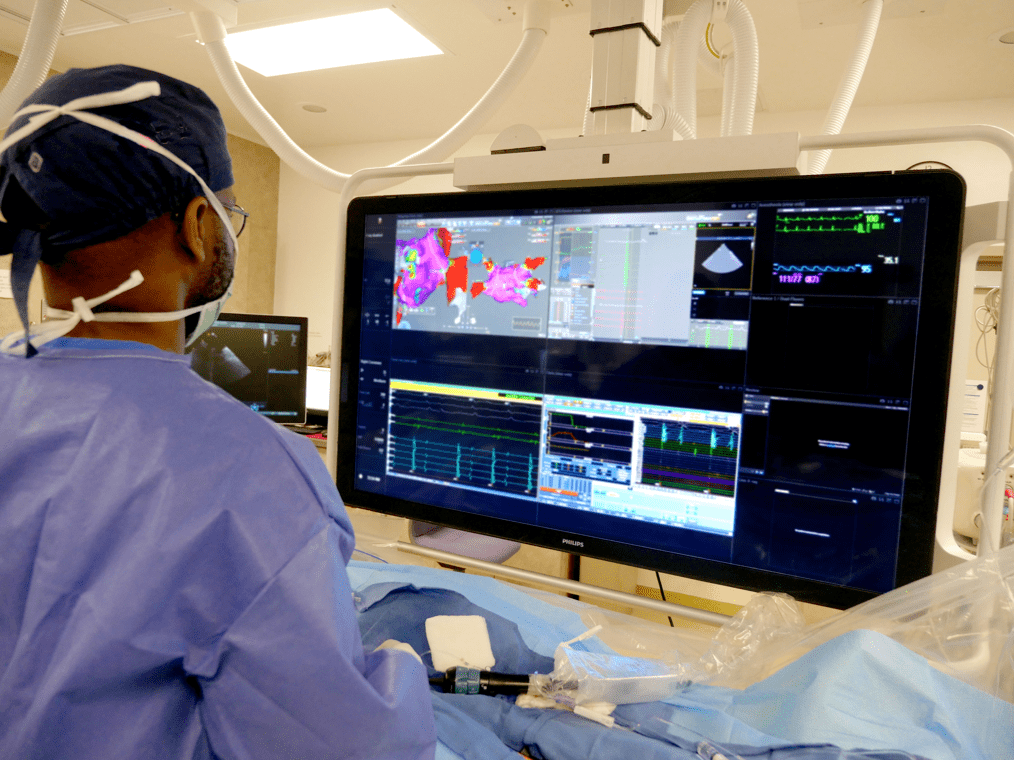
Over the last year, Dr. Emmanuel Ekanem, a cardiac electrophysiologist with Winchester Cardiology and Vascular Medicine | Valley Health, and colleagues Daniel Alexander, DO, and Todd Teigeler, MD, been using a leading-edge technology to address atrial fibrillation (AFib), a growing public health issue. With a new generation of catheters, the electrophysiology team is using high-power, short duration radio frequency (RF) ablation technology to reduce procedure times and minimize recovery time for patients. Click here to learn more.
Valley Health cardiologist talks regional heart health
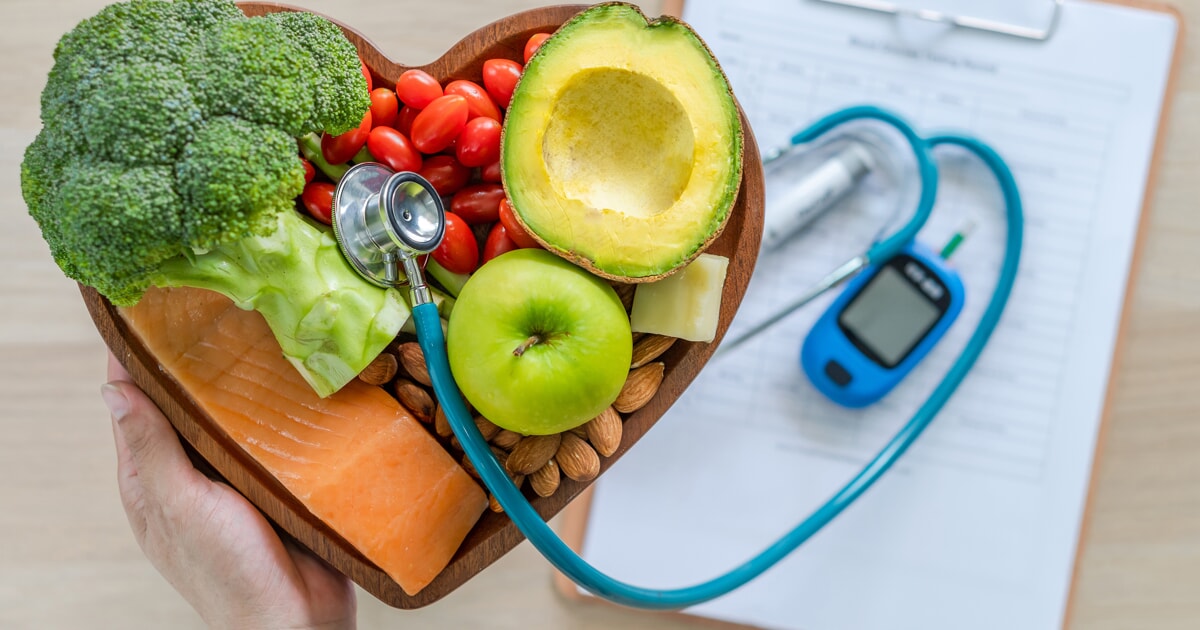
As the leading cause of death for Americans, one person dies from heart disease every 33 seconds in the country, according to the Centers for Disease Control and Prevention. Dr. Saif Al-Najafi from Winchester Medical Center shares what area residents should know about caring for their blood-pumping muscle year-round. Read the Winchester Star article here.
Heart Attack and Cardiac Arrest: Signs, Symptoms and How to Save a Life

Featuring: Randolph Renzi, MD
Acting quickly can be the difference between life and death when it comes to these two conditions. However, it's easy to confuse a heart attack and cardiac arrest. Click here to learn more about the differences.
Heart Procedure at Valley Health Gives Virginia Woman Her Life Back

Dr. Aref Bin Abdulhak performed the first Alcohol Septal Ablation at Winchester Medical Center. Click here to read the blog and learn how this heart procedure helped one Virginia woman and how it can help others.
Maintaining a Healthy Heartbeat
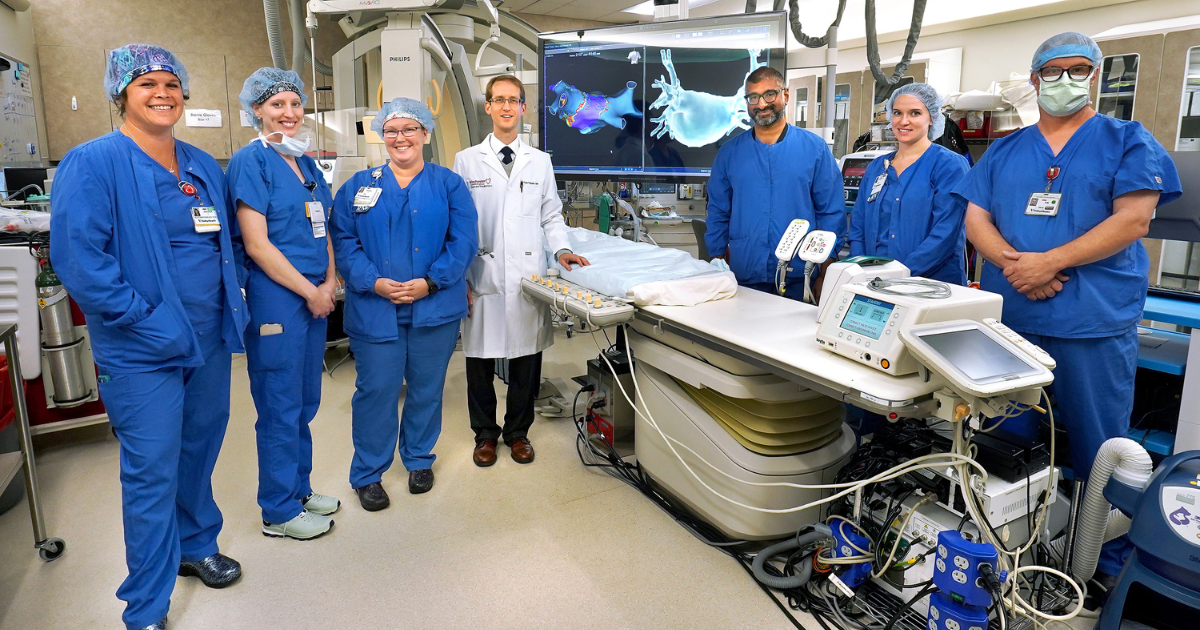
Featuring: Daniel Alexander, DO and Todd L. Teigeler, MD
One in 18 Americans has a heart arrhythmia. Click here to read the blog, which discusses the most common types of arrhythmias.
Dr. Alexander Performs 100th Watchman Procedure for AFib Treatment

Valley Health Winchester Medical Center’s Watchman team paused briefly at the end of March (2022) to recognize cardiologist and electrophysiologist Daniel Alexander, DO, for completing his 100th procedure to implant a device in the heart to help prevent stroke in certain patients with Atrial Fibrillation (AFib). Click here to read more.
Healthy Heartbeats
Advanced Valve Center Delivers Top-Notch Cardiac Care
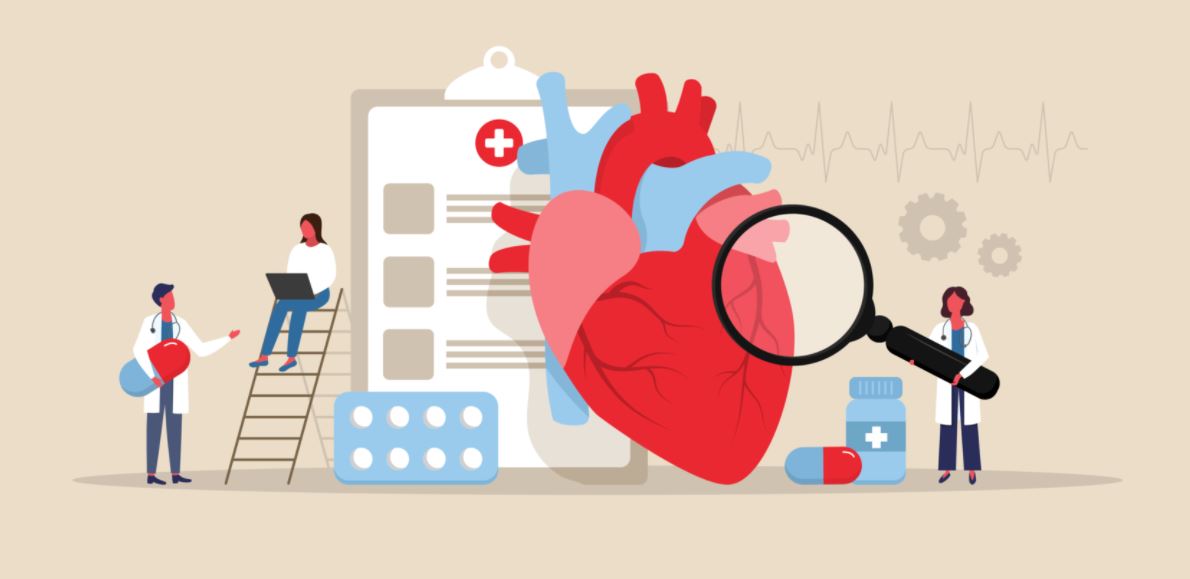
Featuring: Members of Our Team
Fatigue and shortness of breath can be signs of a cardiovascular condition called stenosis. Fortunately, Valley Health has a multidisciplinary team who specialize in structural heart problems, heart valve pathology, interventional therapies and more. Click here to read the blog and learn more.
Treating Atrial Fibrillation
Holistic Care For This Common Cardiac Condition
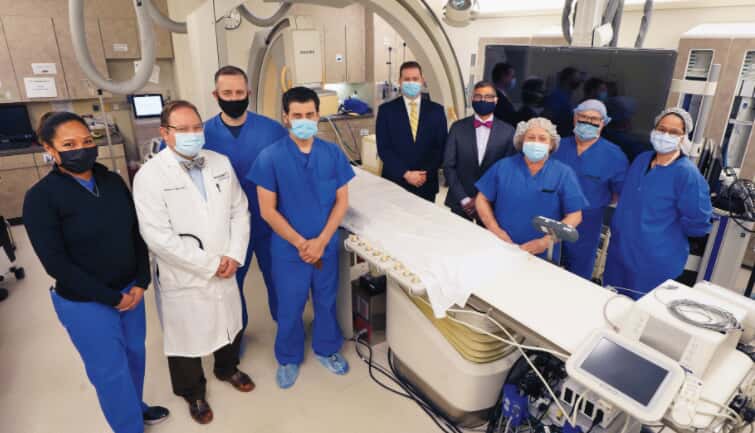
Featuring: Members of Our Team
Atrial fibrillation (AFib) is a common heart rhythm disorder that affects 20 million to 25 million Americans. At Valley Health, experts who specialize in heart rhythm disorders offer an individually tailored approach to AFib care. Click here to read the blog and learn more about this condition and how we can manage it.
Low Dose Aspirin: To Take or Not To Take

Featuring: Saif Al-Najafi, MD
For years, the daily use of a low dose (81mg) aspirin was recommended by many physicians as a strategy to prevent or mitigate future heart attacks, stroke and other cardiovascular problems. This blog post (published in 2019) goes over updated guidelines that were issued for the daily use of a low dose aspirin. Click here to read the blog post.
Heart Healthy Recipes

Recipes suggested by Trisha Nashed, MD, and Daniel Alexander, DO, from Valley Health’s “Cooking with the Cardiologists” video series. Click here to read the blog post.



